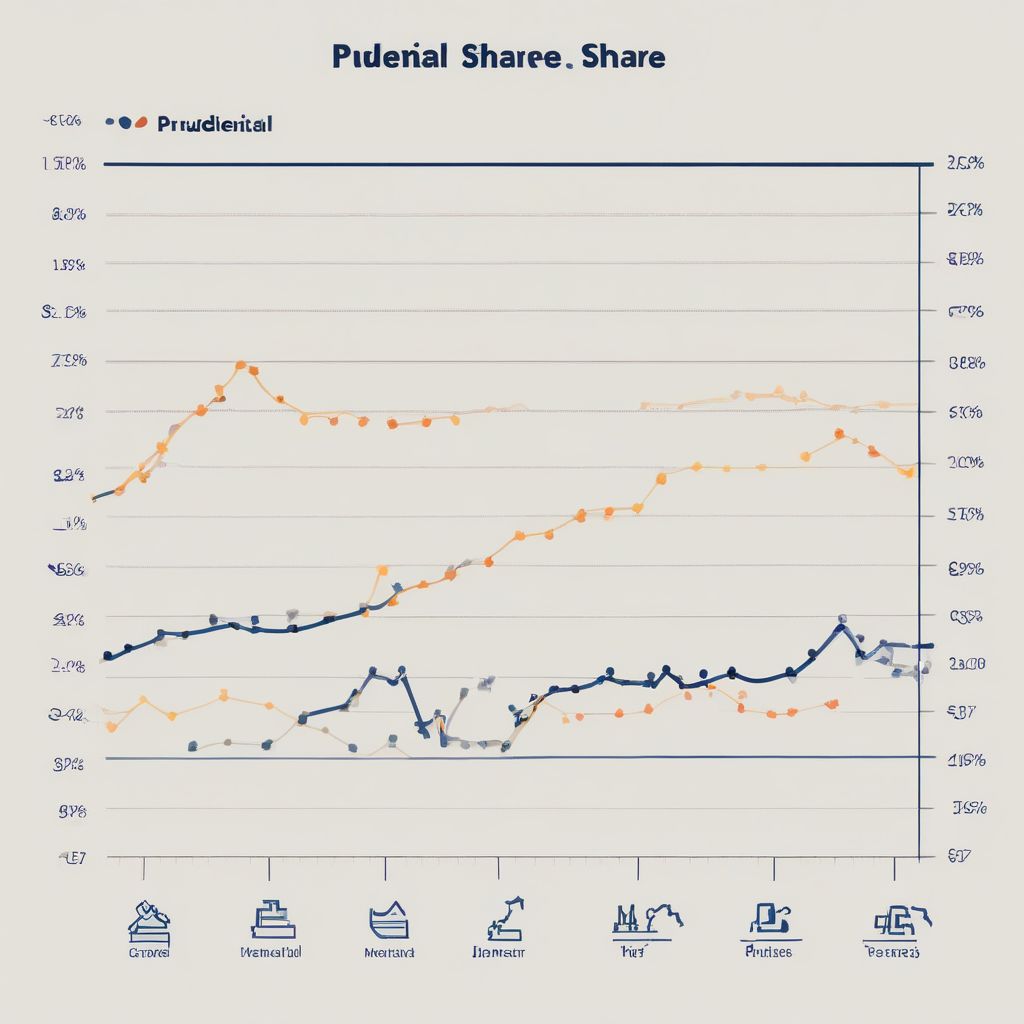In the world of business and finance, a well-structured decorkhonggian.com/financial-business-plan/">Financial Business Plan is paramount to success. Whether you’re a budding entrepreneur seeking funding for a startup or an established company planning for expansion, a comprehensive financial roadmap is essential. This article will delve into the intricacies of creating a robust financial business plan, exploring its significance, components, and answering frequently asked questions.
Understanding the Importance of a Financial Business Plan
A financial business plan serves as a blueprint that outlines the financial aspects of your business. It provides a clear understanding of your current financial standing, projected growth, and strategies to achieve your financial goals. This document is crucial for:
- Securing Funding: Investors and lenders rely heavily on financial business plans to assess the viability and profitability of your venture before considering investment.
- Attracting Strategic Partners: A well-defined financial plan can entice potential partners by showcasing your business’s financial strength and potential for growth.
- Guiding Decision-Making: By providing a framework for financial forecasting and analysis, a financial business plan aids in making informed business decisions.
- Measuring Performance: Your financial plan sets benchmarks against which you can track your progress and identify areas for improvement.
Key Components of a Financial Business Plan
A comprehensive financial business plan typically includes the following sections:
1. Executive Summary
This section provides a concise overview of your business, highlighting key financial projections and investment needs. It should captivate the reader’s attention and provide a compelling reason to delve further into your plan.
2. Business Description
This section details your business’s mission, vision, products or services offered, target market, and competitive landscape. A thorough understanding of your business model is crucial for developing realistic financial projections.
3. Market Analysis
A robust market analysis demonstrates your knowledge of the industry, target audience, and competitive forces. It includes information on market size, trends, customer segmentation, and competitor analysis.
4. Financial Projections
This section forms the crux of your financial business plan, presenting historical financial data (if applicable) and future projections. Key financial statements include:
- Income Statement: Projects your business’s revenues, expenses, and net income over a specific period.
- Balance Sheet: Provides a snapshot of your business’s assets, liabilities, and equity at a given point in time.
- Cash Flow Statement: Tracks the movement of cash into and out of your business, highlighting your operating, investing, and financing activities.
5. Funding Request (if applicable)
If you’re seeking funding, clearly state the amount required, its intended use, and the proposed terms of investment or loan repayment.
6. Management Team
Investors and lenders assess the experience and expertise of your management team to gauge the business’s potential for success. Provide information on key personnel, their roles, and relevant experience.
7. Financial Assumptions
Transparency is key in financial projections. This section outlines the key assumptions underpinning your financial forecasts, such as sales growth rate, cost of goods sold, and operating expenses.
FAQs about Financial Business Plans
Here are some common questions entrepreneurs and business owners have about financial business plans:
1. How long should my financial business plan be?
The length can vary depending on the complexity of your business and the intended audience. However, aim for a concise and focused document, typically between 15-25 pages.
2. How often should I update my financial business plan?
Review and update your plan at least annually or whenever significant changes occur in your business, such as launching a new product or entering a new market.
3. Can I create a financial business plan myself, or should I seek professional help?
While resources and templates are available online, seeking guidance from financial advisors or business consultants can prove invaluable, especially if you lack financial expertise.
4. What are some common mistakes to avoid when creating a financial business plan?
- Unrealistic projections: Base your forecasts on solid market research and industry benchmarks.
- Lack of clarity and detail: Provide specific information and data to support your projections.
- Ignoring the competitive landscape: Analyze your competitors’ strengths and weaknesses to identify opportunities and threats.
- Poor formatting and presentation: A well-structured and visually appealing plan enhances readability and credibility.
Conclusion
A meticulously crafted financial business plan is an indispensable tool for any business, whether you’re seeking funding, attracting partners, or simply charting a course for financial success. By understanding its importance, key components, and common pitfalls to avoid, you can create a robust roadmap to guide your business toward a prosperous future. Remember, continuous monitoring, analysis, and adaptation are crucial to keep your financial plan relevant and effective as your business evolves.
This article provides a general overview of financial business plans. For specific advice tailored to your business needs, consult with qualified financial professionals.




